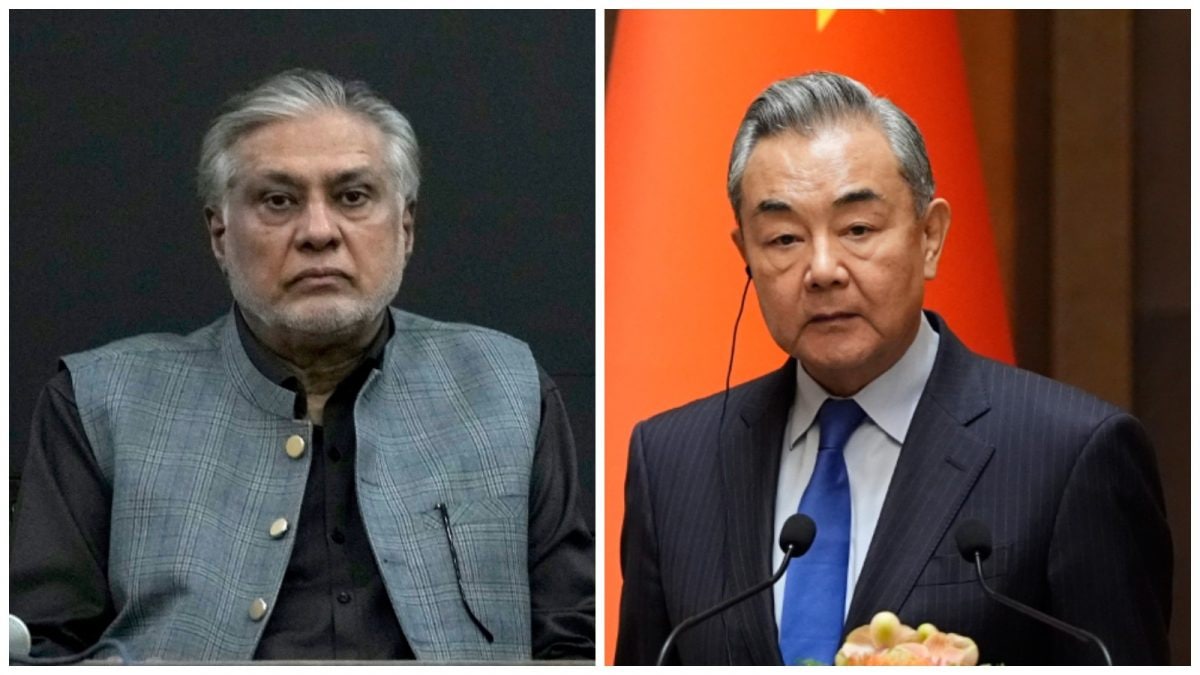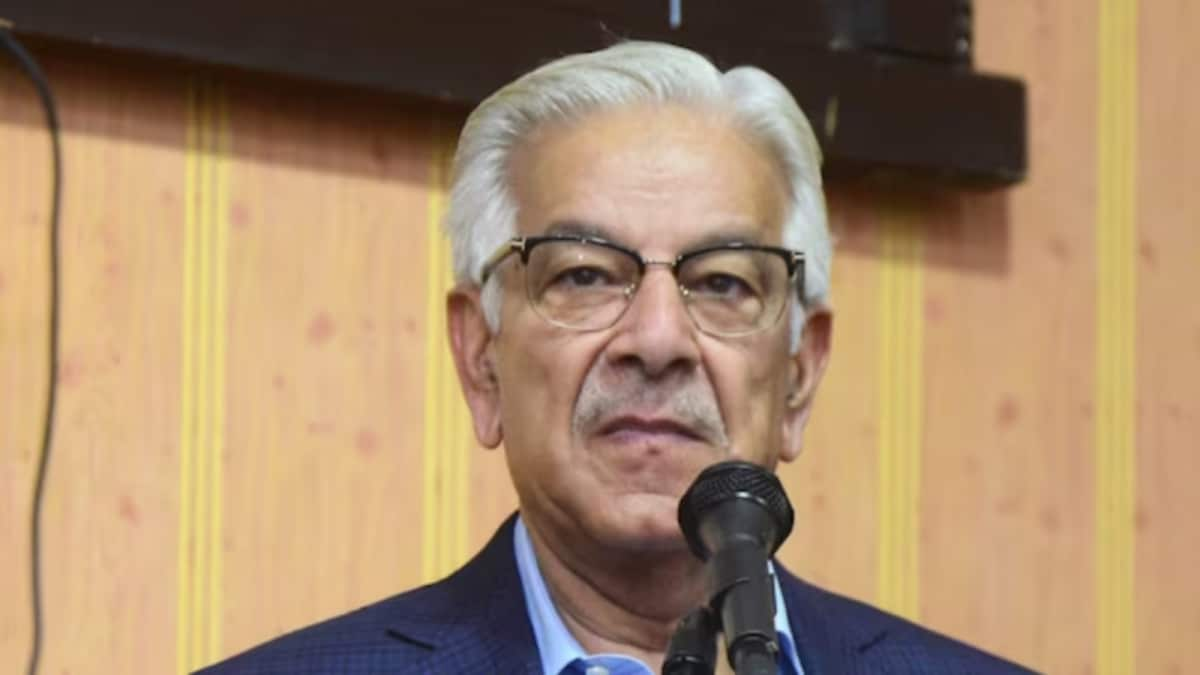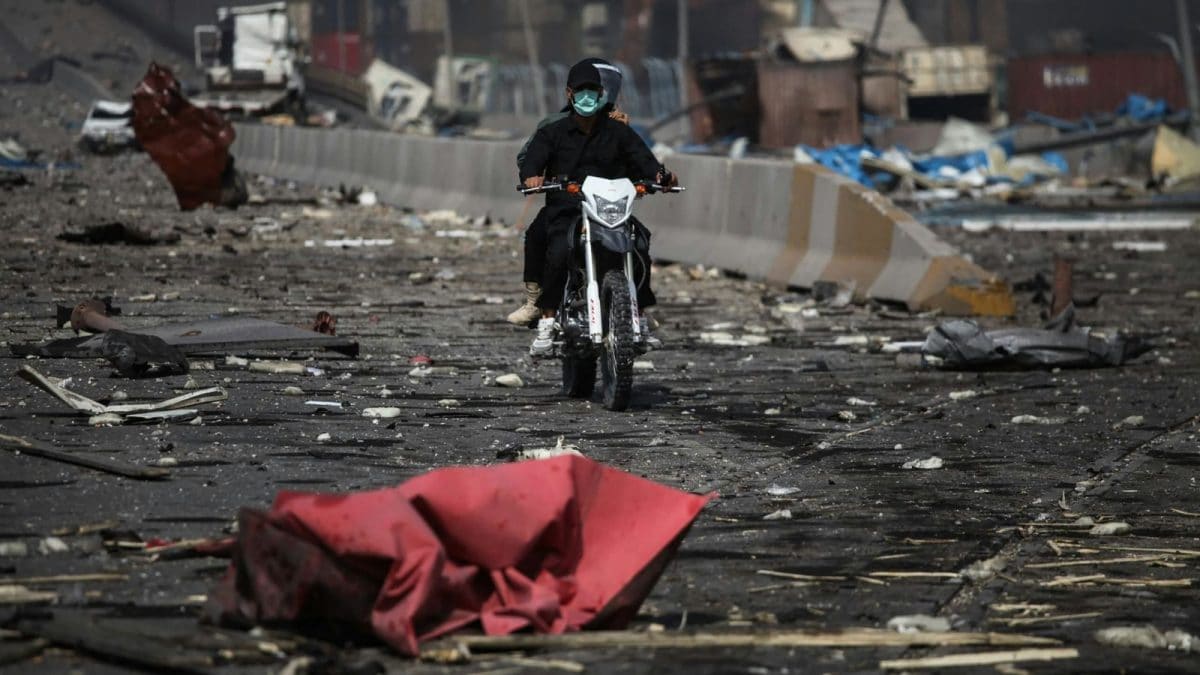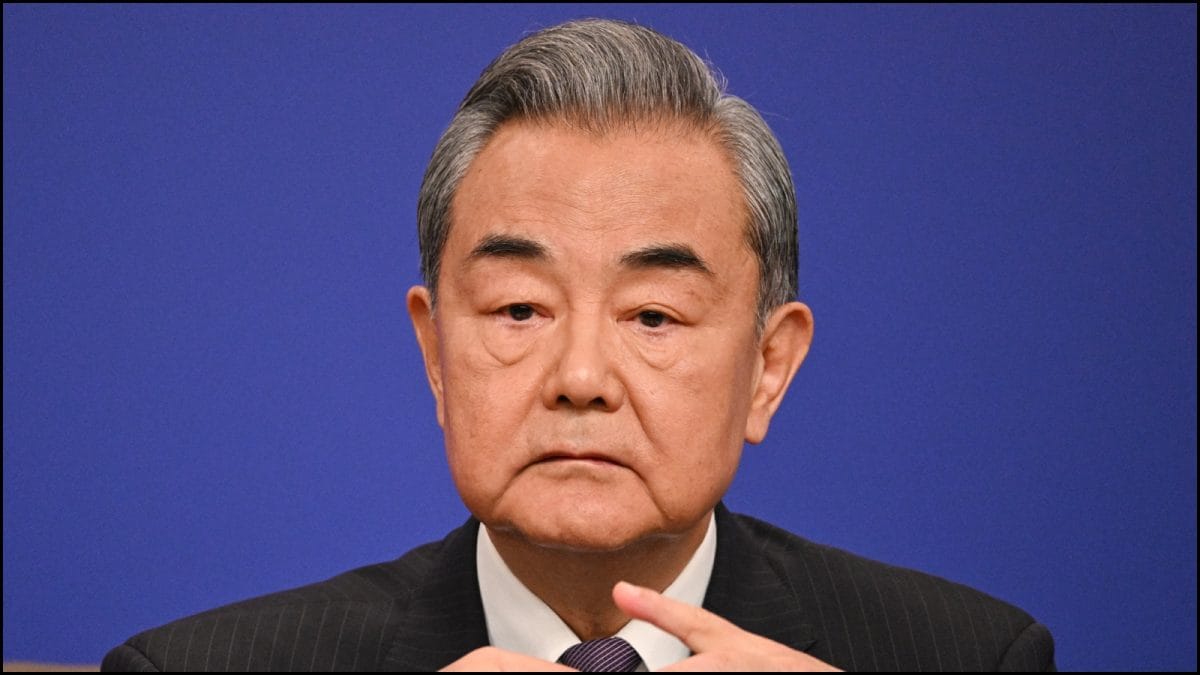Last Updated:April 27, 2025, 14:14 IST
A key impact of the IWT suspension is that India will not have to intimate Pakistan while carrying out any work on the three rivers. The second is pyschological, say govt sources

A dam on the Indus river system, in Reasi, J&K, on Friday. (PTI)
Pakistan’s anger has been boiling over India’s stopping of the Indus Waters Treaty (IWT) in retaliation for the Pahalgam attack.
While Jal Shakti Minister CR Paatil said on Friday that India will ensure that not even a drop of water from the Indus river goes to Pakistan, Pakistan Peoples Party (PPP) chief Bilawal Bhutto-Zardari said that the country was the true custodian of the Indus civilisation and warned India that “either their water will flow in the Sindh or else Indians’ blood will flow through it".
Pakistan Minister Hanif Abbasi escalated tensions by openly threatening India with nuclear retaliation, warning that Islamabad’s stockpile — Ghori, Shaheen, and Ghaznavi missiles along with 130 nuclear warheads — has been kept “only for India." Abbasi further warned that if India stops the water supply to Pakistan by suspending the Indus Waters Treaty, it should prepare for a war, as Islamabad is ready to strike if provoked.
Pak Rail Minister Hanif Abbasi openly threatens NUCLEAR WAR after #PahalgamAttack:“Our Ghori, Shaheen, Ghaznavi missiles & 130 nuclear bombs are not for display — they are for INDIA. Stop water and be ready for war.Our weapons are facing you." pic.twitter.com/ppAh8skSTm
— Prakash (@Prakash20202021) April 27, 2025
THE INDUS WATERS TREATY
India’s Cabinet Committee on Security (CCS) on Wednesday suspended the treaty indefinitely, a day after a terror attack in Jammu and Kashmir’s Pahalgam town killed 26 people. The Resistance Front (TRF), an offshoot of the Pakistan-based Lashkar-e-Taiba group, is believed to be responsible for the strike. India on Thursday (April 24) officially notified its decision to put the IWT in abeyance citing Islamabad’s sustained cross-border terrorism targeting Jammu and Kashmir.
India and Pakistan had signed the Indus Waters Treaty in 1960, with the World Bank as an additional signatory. The pact sought to divide the water of the Indus river and its tributaries equitably between the two countries.The treaty gives control over the waters of the three ‘Eastern Rivers’—the Beas, Ravi, and Sutlej, located in India with a mean annual flow of 41 billion m3 (33 million acre⋅ft)—to India, while control over the waters of the three ‘Western Rivers’—the Indus, Chenab, and Jhelum, located in India with a mean annual flow of 99 billion m³—to Pakistan.In simple words, India got about 30% of the total water carried by the Indus River System located in India, while Pakistan got the remaining 70%.The treaty also permits both countries to use the other’s rivers for certain purposes, such as small hydroelectric projects that require little or no water storage.In 2019 too, after the Pulwama terror attack against paramilitary personnel, Prime Minister Narendra Modi reportedly told the Cabinet Committee on Security that “blood and water can’t flow together." But at the time, India chose not to implement it.
???????????????????? ???????????? ???????????????????? ???????????????????????? ???????????????? ????????????????????????????????.India is tightening the noose on Pakistan through its 5-point action plan, which includes the suspension of the Indus Waters Treaty of 1960.
Watch what Pakistan stands to lose… pic.twitter.com/mDe9Kue930
— BJP (@BJP4India) April 25, 2025
THE OBVIOUS IMPACT
At least 80 per cent of Pakistan’s agriculture depends on the Indus basin, and without the water, people will question the government’s priorities. Agriculture contributes around 20% to Pakistan’s GDP and employs approximately 40% of its workforce. Pakistan relies heavily on the Indus River system for its water needs. Its key crops like wheat, rice, and cotton require significant irrigation. Water shortages could result in crop failures, threatening food security, inflation and livelihoods.
Also, many of Pakistan’s dams, including the Tarbela and Mangla dams, depend on the Indus River’s flow for hydroelectric power generation. Reduced water flow could exacerbate Pakistan’s existing energy crisis, leading to power shortages and hindering economic activity. The disruption could have a cascading effect on its economy.
मोदी सरकार द्वारा सिंधु जल संधि पर लिया गया ऐतिहासिक निर्णय पूर्णतः न्यायसंगत और राष्ट्रहित में है।हम ख्याल रखेंगे की पाकिस्तान में सिंधु नदी का एक बूंद पानी भी नहीं जाए । pic.twitter.com/yJhdzdDAAb— C R Paatil (@CRPaatil) April 25, 2025
THE HIDDEN IMPACT
Other than the obvious reasons, a key impact of the suspension is that India will not have to intimate Pakistan while carrying out any work on the three rivers. “So far, you had to inform them at least six months in advance and they would invariably raise objections over minor things. The suspension changes that, giving India an advantage," said government sources, adding, “This will help us use new technology to create storage or dam."
The second major impact is psychological. “They know the treaty is not gone, but you don’t have to inform while releasing water. They used to blame India for dry spell and flooding too. With the glaciers melting and population rising, they have less water. India can now release or stop water depending on its choice. It can have a major impact on their crop cycle," said the source.
Get breaking news, top headlines, and live updates on politics, weather, elections, law and crime. Stay informed with real-time coverage and in-depth analysis. Also Download the News18 App to stay updated!
April 27, 2025, 14:02 IST
News india 2 Hidden Reasons Why Pakistan Is Boiling Over India’s Suspension Of Indus Waters Treaty | News18 Analysis

 15 hours ago
15 hours ago

















